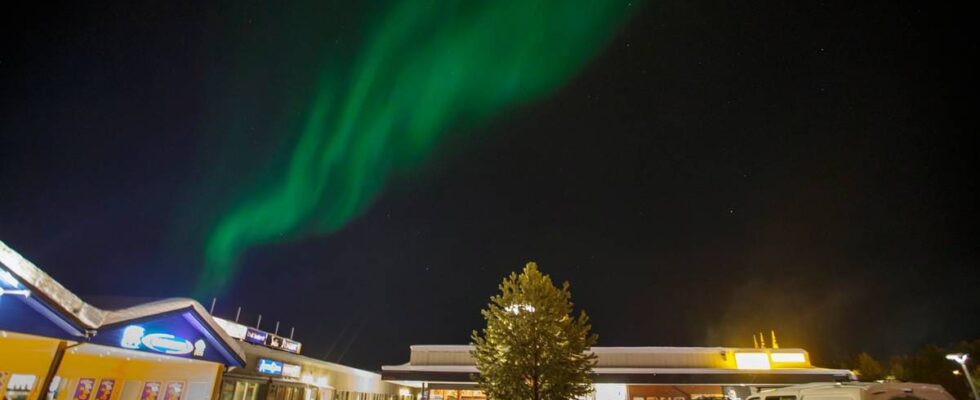Yesterday I read with great surprise how the reviewer Ánne Márjá Guttorm Graven accuses my book, “The doctor on the mountain”, of being a showcase for prejudice against the Sami people. To my own neighbors and friends in Karasjok, to the people I associate with, talk to and laugh with on a daily basis. Prejudice against the village that has been my home for the past two years. I cannot leave that unchallenged. Read the review: I dare say that many Norwegians do not know much about the Sami. The same applied to me when I accepted a job as a doctor in Karasjok two years ago. So far, Graven and I agree. At the beginning of the book, I describe my ignorance of Sami culture and way of life: For example, I am surprised that Sami is a living language in the municipality to such an extent, I understand nothing of what they talk about in the shop. Maybe it’s dangerous to admit that I was so naive, but it’s honest. And recognizable to other non-Sámi, I would think. But then Graven stopped reading, as she herself writes in the preface. In grief, she had to “pick up another book”. I wish she had read the whole book. Then she had caught up with my journey from an ignorant, uninformed southerner to a fervent supporter of Karasjok and all the culture, wisdom and way of life the village holds. Even though I was only supposed to be in Karasjok for six months, I stayed. And two years later, I still live here. I think it is striking that Graven accuses me of being prejudiced against the Sami when she obviously has many prejudices against me, as a Southerner. That she draws parallels between me and a Søring doctor from a novel who heartlessly and without conscience pulls out a stillborn child from a Sami woman is so incomprehensible and shocking that I can hardly comment on it. Graven writes: “Perspective is the whole problem.” Throughout history, Norwegians have arrived and imposed Norwegian culture and way of life on the Sami. Sami culture has been tried to be destroyed and Norwegianized. It is a cruel part of Norwegian history that no one is proud of. I came to Karasjok to learn. About the art of medicine, about life, about the village and about the Sami. And I try to give back, in the form of good medical practice and humanity. Not in the form of Norwegianization and better knowledge. Is it the case that my perspective as a Southerner or a Norwegian should not be listened to because this perspective has historically been problematic? I wonder if it is Graven’s prejudice against me that causes her to interpret every word I write about Sami culture and way of life in the worst sense. I wish that Graven could review the entire book, not just the few paragraphs that deal with Sami culture. Because this is not a book about the Sami. This is a book about medical life in the district. About being responsible for life and death, about difficult decisions, about meeting people in a good way, about trying to be an attentive and listening doctor, about exploring what a good life is. The fact that I ended up in a village that is Sami was completely accidental, but because the village is Sami, it is natural that I also describe the Sami features of the village. This constitutes a small, non-central part of the book, yet this is what Graven chooses to emphasize in his review. “The doctor on the mountain” is a tribute to Karasjok and a big thank you for everything I have learned, both as a doctor and as a person. I will continue to write about medical life in the village and talk about the Sami culture, through my perspective as a Søring. Published 18.10.2024, at 14.24
ttn-69
Prejudice must be dispelled with prejudice – news Culture and entertainment

